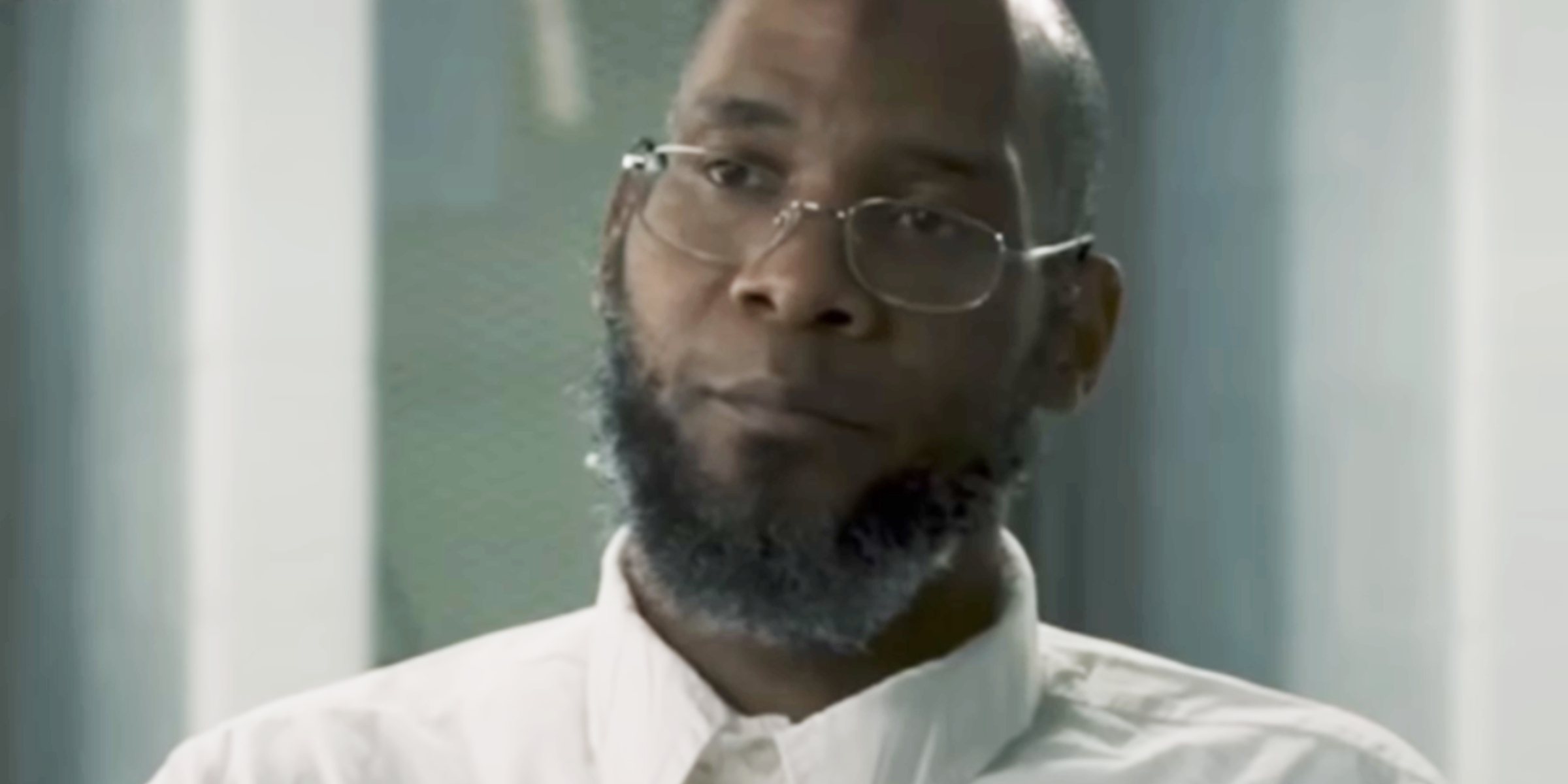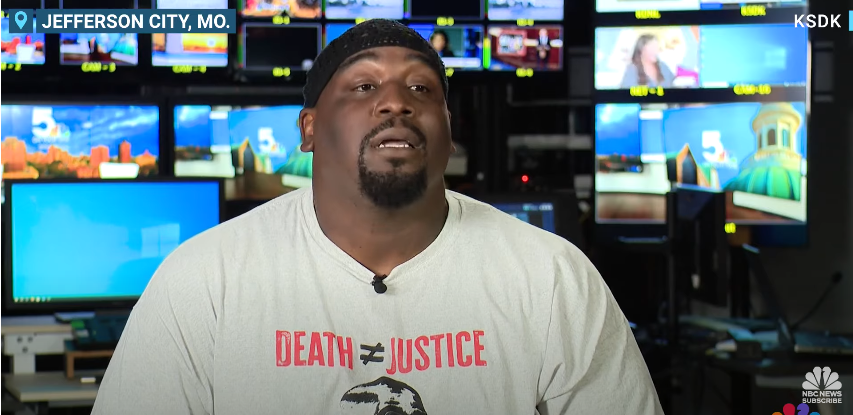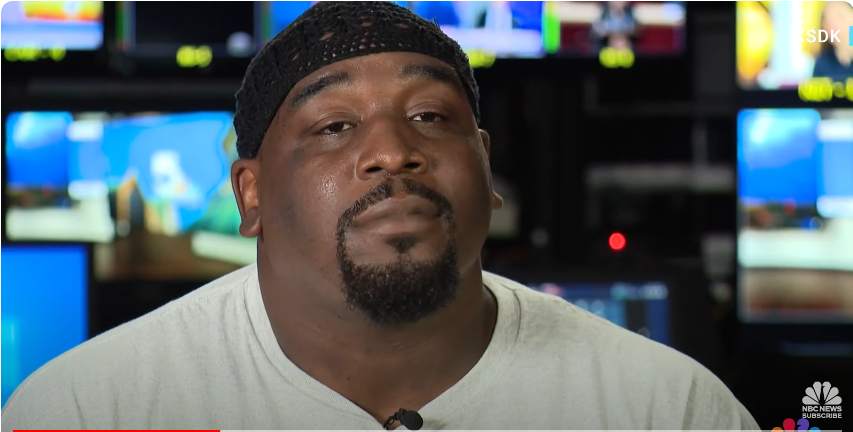
A decades-long saga has come to a tragic end. Marcellus “Khaliifah” Williams, a death row inmate who maintained his innocence until the very end, was executed by the state of Missouri.
On Tuesday, September 24, Marcellus “Khaliifah” Williams faced his final blow. He was executed for the 1998 murder of former newspaper reporter Lisha Gayle, despite growing calls to spare his life.
This happened despite the prosecutor, who once sought his conviction, and the victim’s own family pleading for mercy. They insisted that justice would be better served with Williams’ life spared, but that seems to have fallen on deaf ears.
Throughout his imprisonment, Williams maintained his innocence, a claim his defense team stood by, later finding support from new prosecutors who doubted the original verdict.
Nevertheless, at 6:10 p.m., the 55-year-old became the third person executed in Missouri this year, despite mounting pleas warning that the state was about to make an irreversible mistake. His death marked the 15th execution carried out nationwide in 2024, a somber statistic that adds weight to an already heavy story.
“Tonight, we all bear witness to Missouri’s grotesque exercise of state power,” said Williams’ attorney, Tricia Rojo Bushnell. In a powerful statement, she emphasized how prosecutors had diligently worked to undo Williams’ conviction in hopes of saving his life.
His last moments were marked by quiet reflection with his spiritual advisor, Imam Jalahii Kacem, who spent 90 minutes with Williams before the execution. According to corrections spokesperson Karen Pojmann, his final meal was a simple choice—chicken wings and tater tots—a bittersweet last indulgence.
When asked if he had any final words, Williams’ response was calm, rooted in the faith that had carried him through. “All praise be to Allah in every situation,” he said, a peaceful declaration in the face of a world that, despite the mounting evidence, refused to listen.
In the days leading up to Williams’ execution, his son, Marcellus Williams Jr., spoke with a sense of hope and desperation. In a heartfelt interview, he expressed his deep desire for a miracle. “All I hope is Allah’s wish to free my father from abundant enslavement and spare his life,” he said. Despite the gravity of the situation, his faith remained strong, even as the clock counted down.

Marcellus Williams speaking ahead of his father’s planned execution posted on September 24, 2024 | Source: YouTube/@NBCNews
When asked what he would say to the Supreme Court if given the chance to testify, his words were simple, yet piercing, “I would try to make them see that this is a murder on their behalf and this is wrong.” To him, this was more than a legal case. He believed in his father’s innocence and urged that the evidence deserved a closer look.

Marcellus Williams speaking ahead of his father’s planned execution posted on September 24, 2024 | Source: YouTube/@NBCNews
The case that condemned Williams to death was steeped in complexities. On August 11, 1998, Dr. Daniel Picus found his wife, Felicia Gayle, a former reporter, brutally stabbed 43 times. She was lying on the floor of the foyer of their house, in University City, Missouri.
The crime scene left behind a host of clues—bloody footprints, fingerprints, and hairs near Gayle’s body. Yet, none of this forensic evidence directly linked Williams to the crime.
As the police struggled to identify a suspect, they turned to incentivized witnesses, offering rewards in exchange for information. Two witnesses emerged, but their testimonies conflicted with each other and didn’t match the physical evidence.
Despite these inconsistencies, prosecutors built a case against Williams, pointing to circumstantial evidence, including personal items belonging to Gayle found in his car and a witness who claimed Williams had sold her Gayle’s laptop.
Additionally, Williams’ girlfriend testified that she saw him disposing of bloody clothes and allegedly heard him confess to both her and a fellow inmate in jail. Williams had the chance to present his case during a scheduled hearing, but instead of attempting to prove his innocence in court, he made a surprising move: he tried to plead guilty.
This decision baffled many, fueling the belief that Williams knew more than he was admitting. But to those closest to him, including his son, it was just another tragic twist in a story they believed had gone terribly wrong.
His son’s final plea was a simple request: for people to see that the execution was not justice, but a wrong that couldn’t be undone. Whether Williams’ innocence will ever be proven remains a haunting question, but for those left behind, the execution will forever feel like an unspeakable loss.


